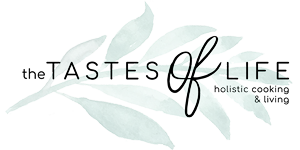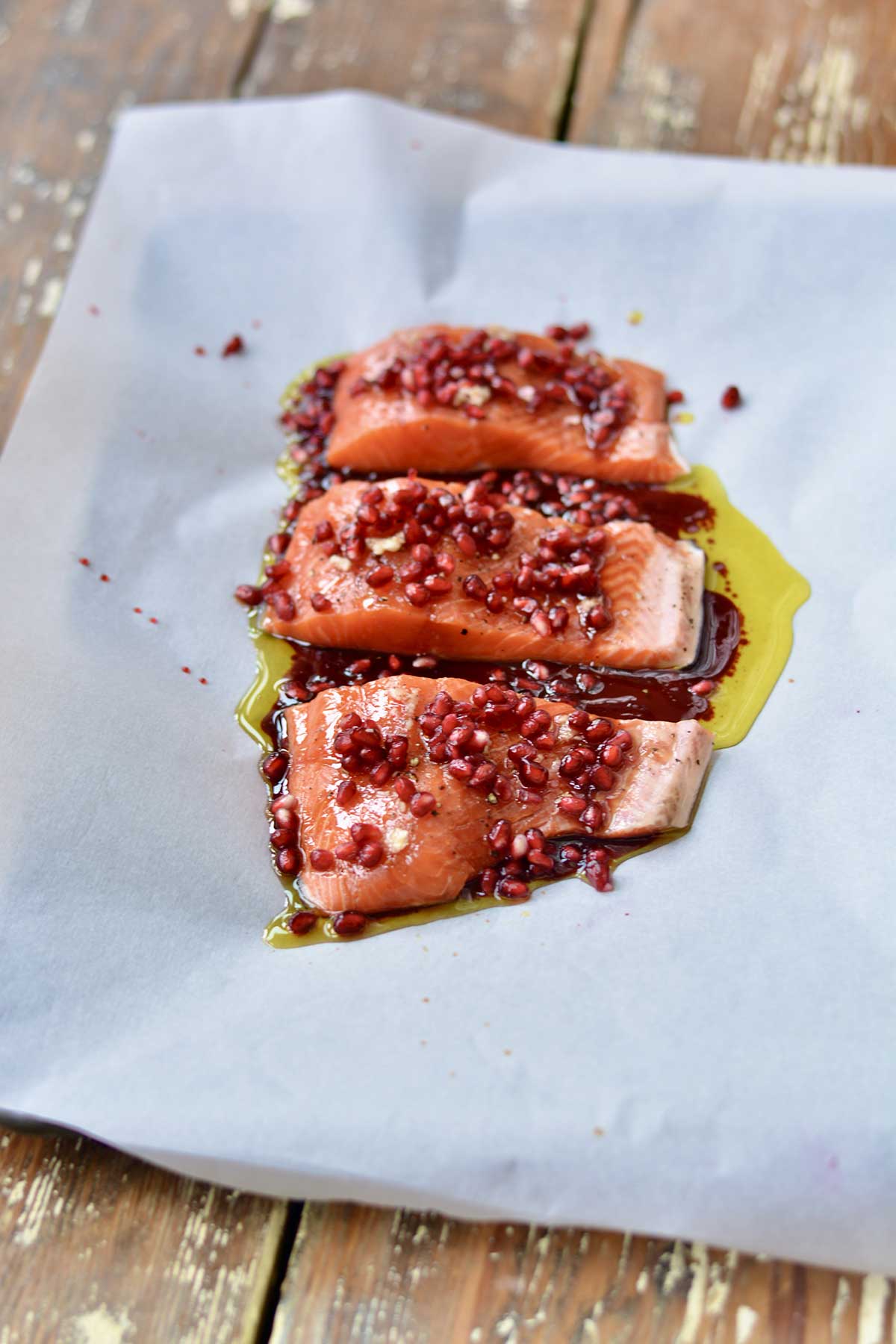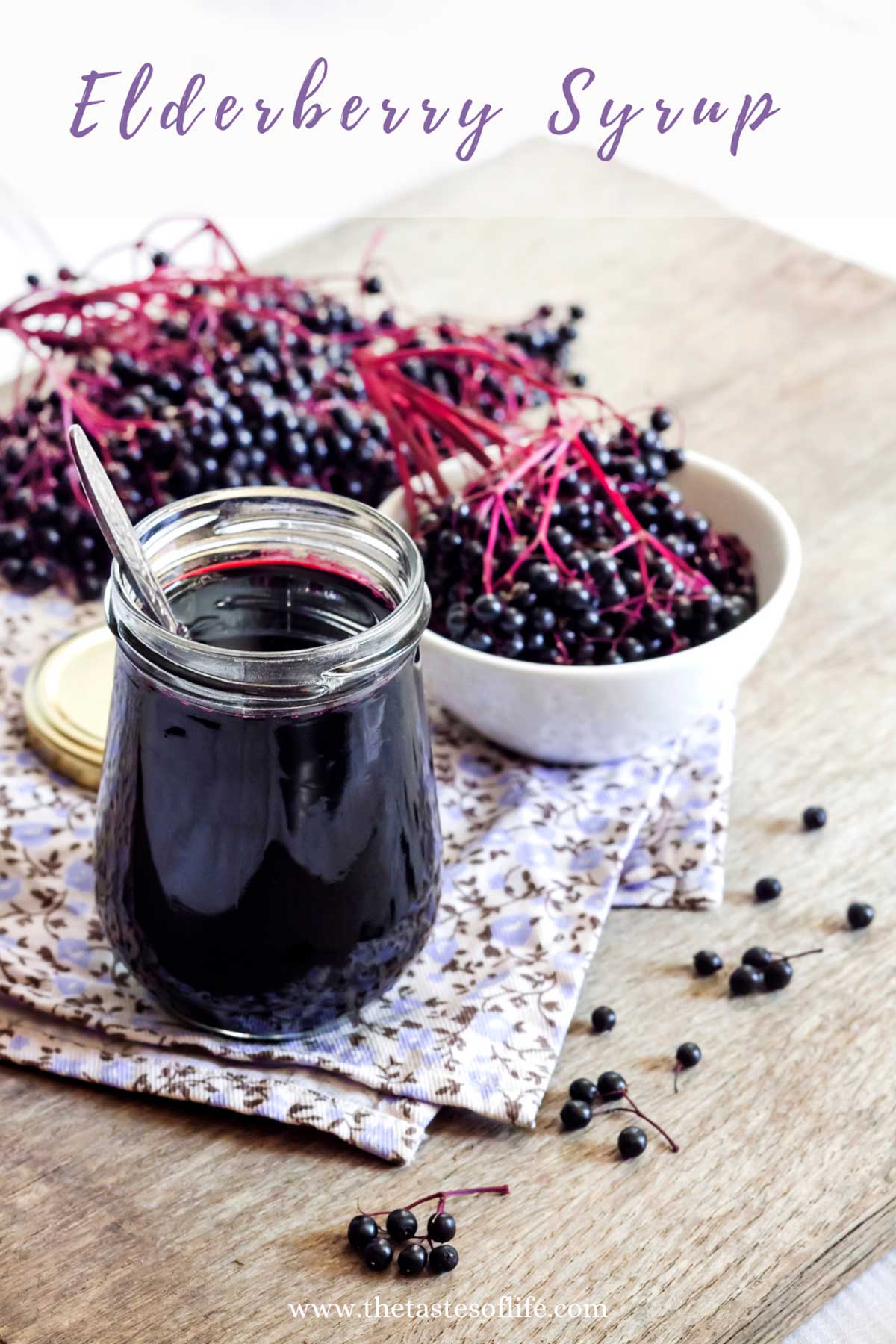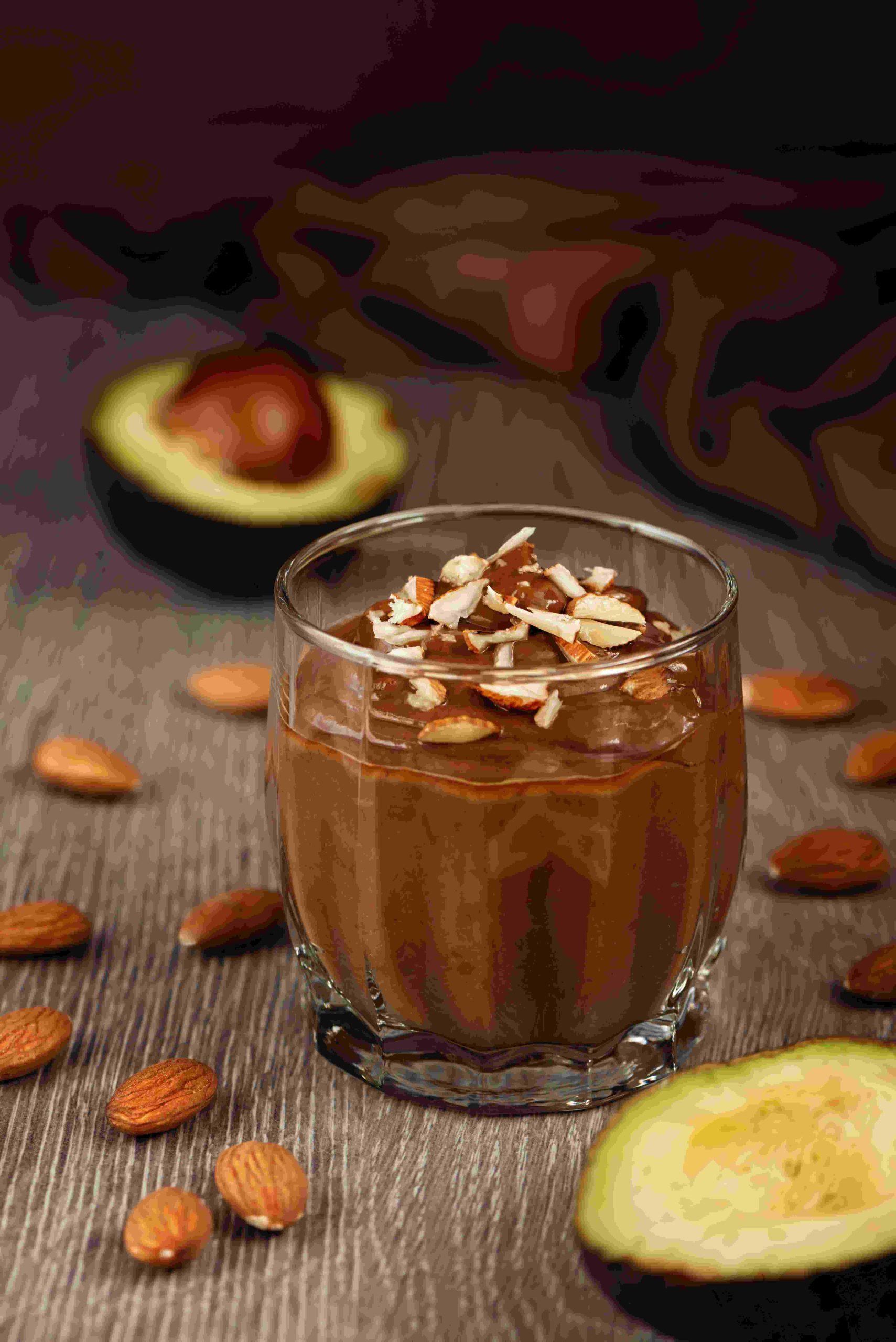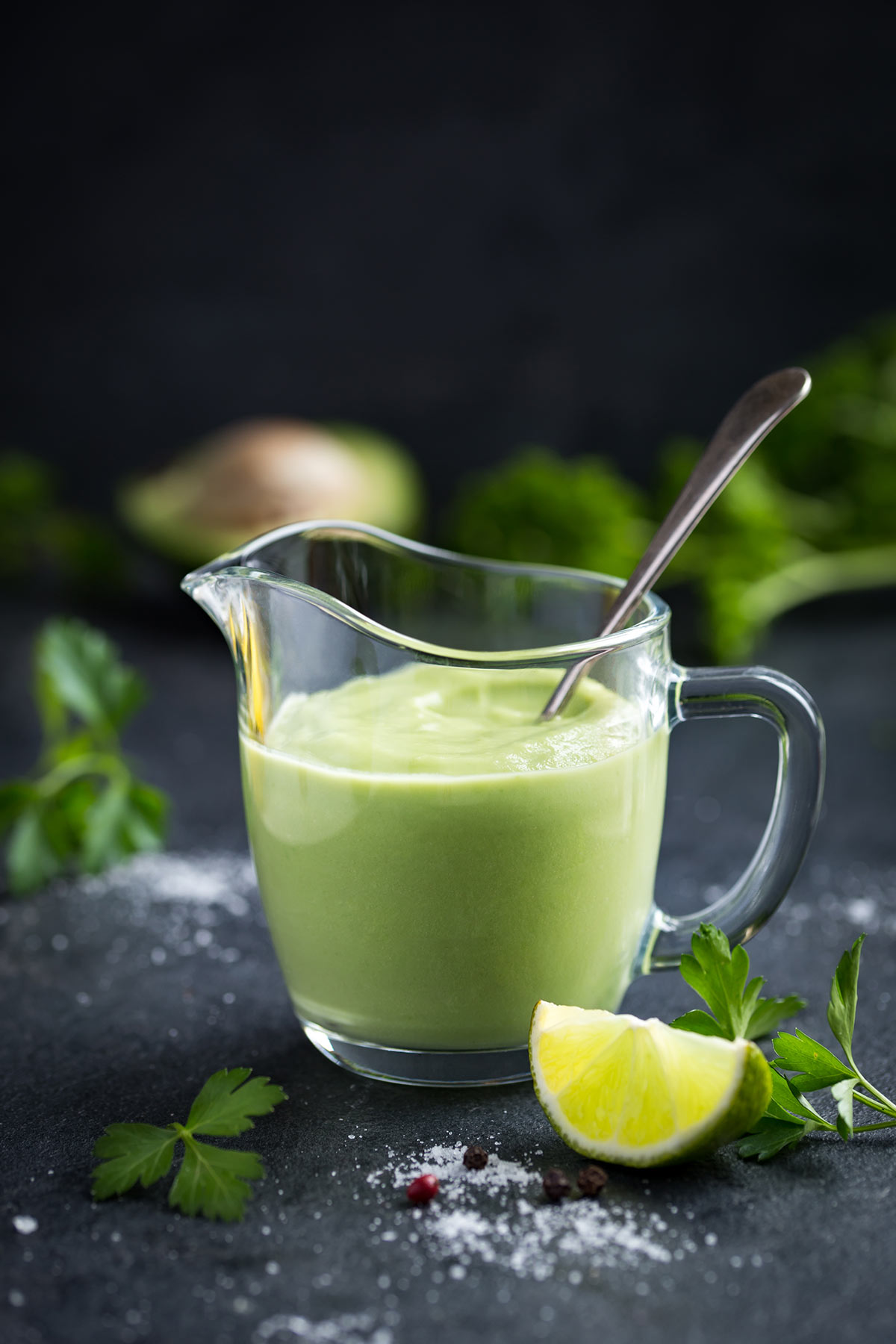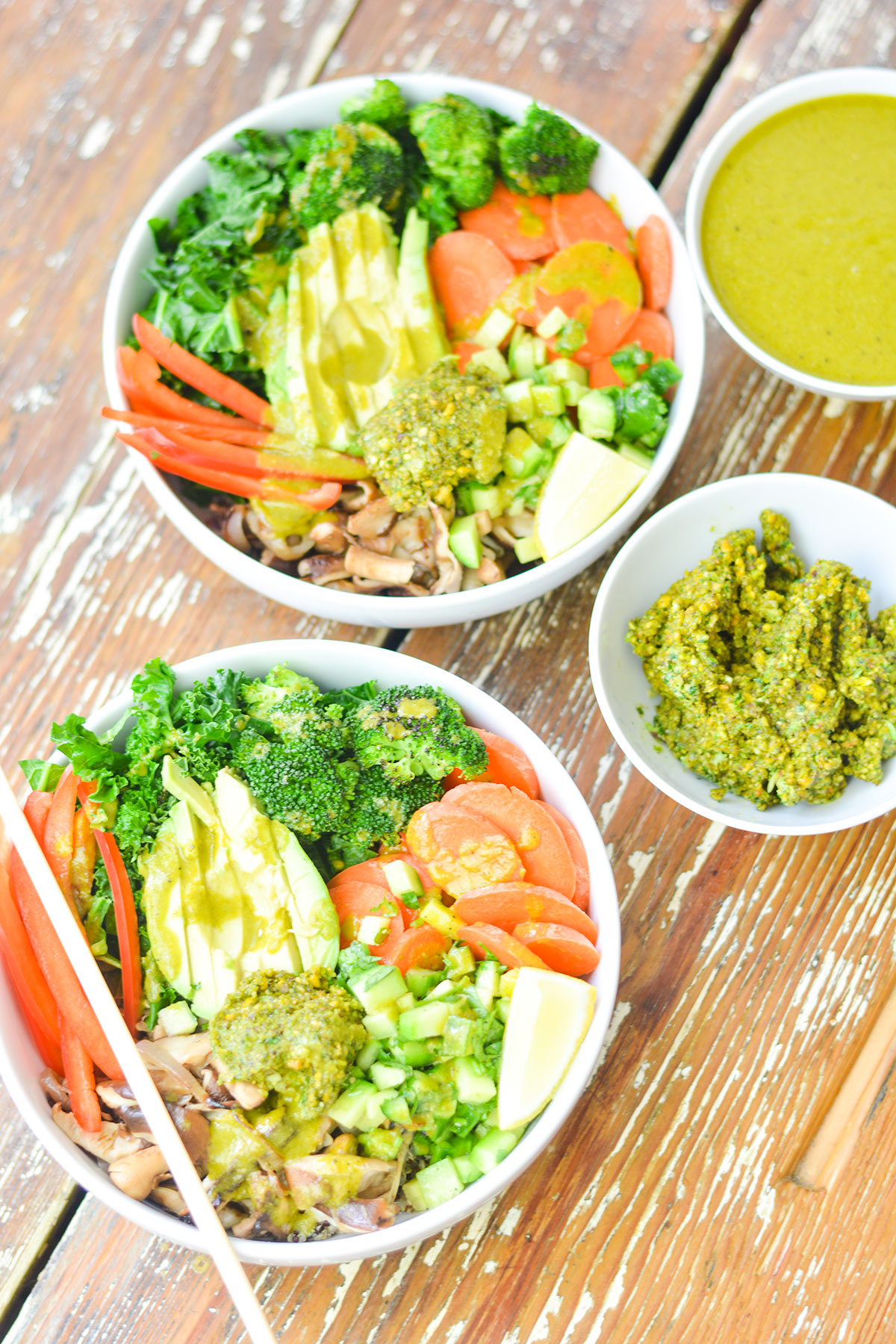What Herbs to Use for Cold Weather Wellness
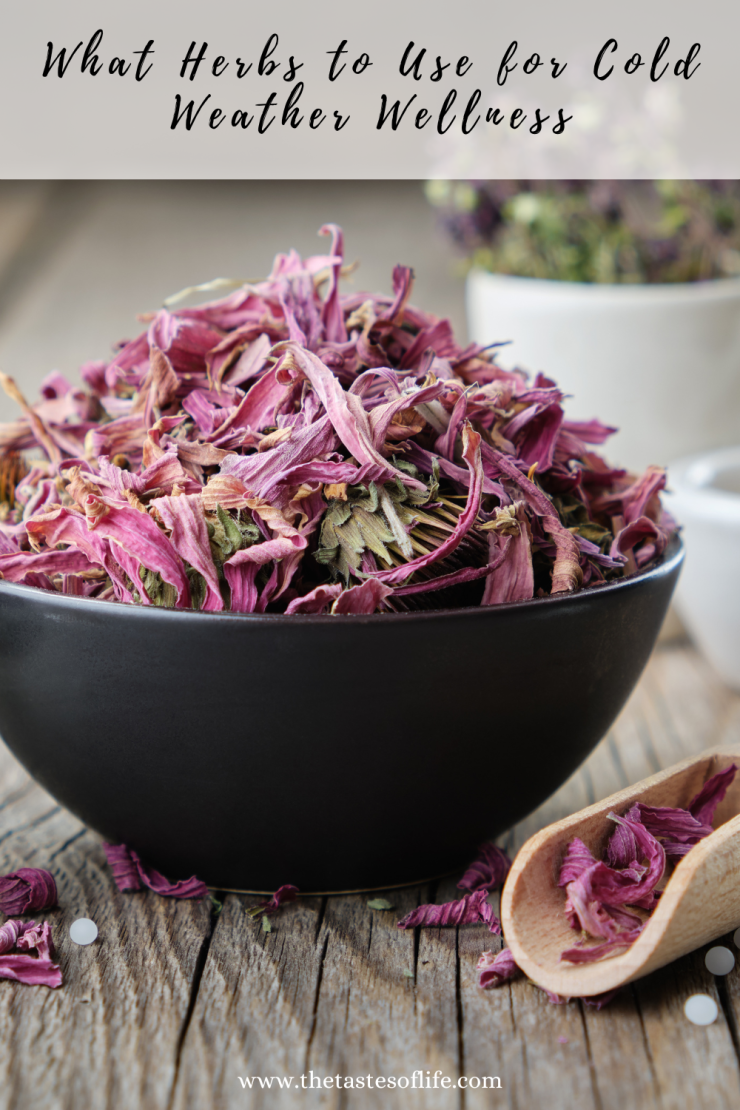
Best Herbs for Winter Wellness
As the chilly winds of winter sweep in, honoring the arrival of colder weather, it’s time to turn to nature’s pharmacy for support. Herbs have been treasured for centuries for their medicinal properties, and they play a vital role in promoting health and well-being during the cold season. In this comprehensive guide, we’ll explore a diverse array of herbs that add flavor to your dishes and offer many benefits to help you navigate the winter months with resilience and vitality.
From immune-boosting wonders to respiratory allies and stress-relieving gems, the diverse array of herbs available provides a holistic approach to winter wellness. Embrace nature’s healing gifts and weave these herbs into your daily routine to thrive during the colder months. With the wisdom of ancient traditions and the science-backed benefits of herbal remedies, let this guide be your companion on the journey to a vibrant and resilient winter season.
Immune-Boosting Herbs
Echinacea: The Winter Warrior
Echinacea, commonly known as purple coneflower, is a powerful immune booster. Packed with antioxidants, it helps fend off infections and reduces the severity and duration of colds. Incorporating echinacea into your routine through teas or supplements can strengthen your body’s defenses against winter illnesses.
Elderberry: Nature’s Antiviral Shield
Rich in anthocyanins, elderberries have potent antiviral properties. Research suggests that elderberry extracts can inhibit the replication of influenza viruses, making it an excellent ally during cold and flu season. Consider enjoying elderberry syrup or tea to bolster your immune system.
Astragalus: Building Long-Term Resilience
Astragalus, a staple in traditional Chinese medicine, is renowned for its ability to enhance immune function. This adaptogenic herb supports the body in adapting to stressors, making it a valuable companion during the colder months. Integrating astragalus into your daily routine can contribute to long-term immune resilience.

Warming Herbs for Circulation
Ginger: A Zest for Warmth
With its spicy and warming properties, ginger is an ideal herb for combating the cold. Known for improving circulation and reducing inflammation, ginger can be incorporated into teas, soups, curries, and stir-fries to add a zing of flavor and warmth to your winter meals.
Cayenne Pepper: Igniting Internal Fires
Cayenne pepper is not just a kitchen staple; it’s also a potent herb for promoting blood circulation and boosting metabolism. Incorporating a pinch of cayenne into your recipes can stimulate warmth from within, making it an excellent choice for those frosty winter days.
Cinnamon: Sweet Warmth for the Soul
Beyond its delightful aroma and sweet flavor, cinnamon is celebrated for its warming properties. This spice helps improve blood flow and alleviate cold-related discomfort. Sprinkle cinnamon on your morning oatmeal or add it to hot beverages for a comforting and warming experience.
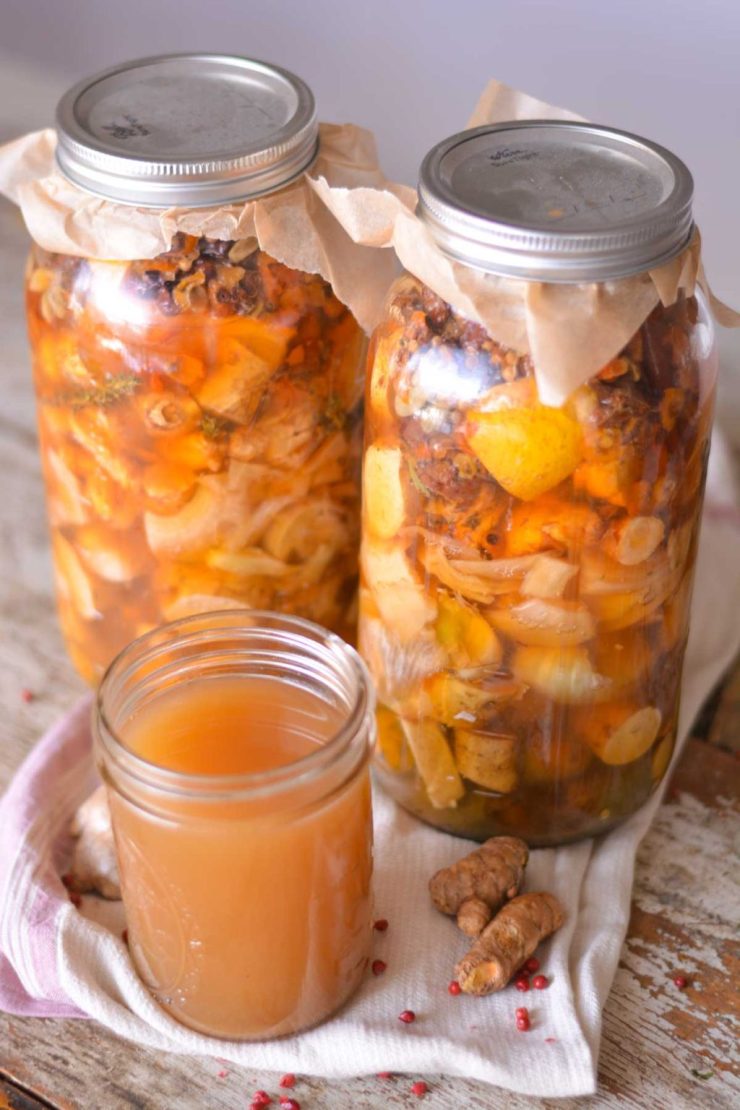
Respiratory Support Herbs
Thyme: A Breath of Fresh Air
Thyme is a culinary delight and a powerful herb for respiratory health. Rich in thymol, an essential oil with antimicrobial properties, thyme can help soothe coughs and alleviate respiratory congestion. Enjoy thyme-infused teas and fire cider, or add it to your winter stews and soups for a flavorful respiratory boost.
Peppermint: Clearing the Airways
Peppermint is a well-known herb for its ability to open up the airways and relieve congestion. Whether sipped as tea or used in steam inhalations, peppermint can ease respiratory discomfort and promote clearer breathing, making it a valuable ally during cold weather.
Eucalyptus: Nature’s Respiratory Balm
The aromatic leaves of eucalyptus contain compounds that offer remarkable respiratory benefits. Eucalyptus oil, extracted from the leaves, can be used in steam inhalations to ease congestion and promote a sense of clarity in the airways. Embrace the soothing power of eucalyptus during the winter months.

Stress-Relieving Herbs
Holy Basil (Tulsi): Calming the Winter Blues
Holy Basil, or Tulsi, is an adaptogenic herb known for its stress-relieving properties. Winter can bring about lethargy and low mood, and incorporating Tulsi into your routine can help alleviate stress and promote emotional well-being. Enjoy Tulsi tea as a calming ritual during the colder days.
Ashwagandha: Nourishing the Nervous System
Ashwagandha is an adaptogen that supports the nervous system, helping the body adapt to stressors. As the winter months can bring about increased stress, incorporating ashwagandha into your wellness routine may help promote a sense of calm and balance.
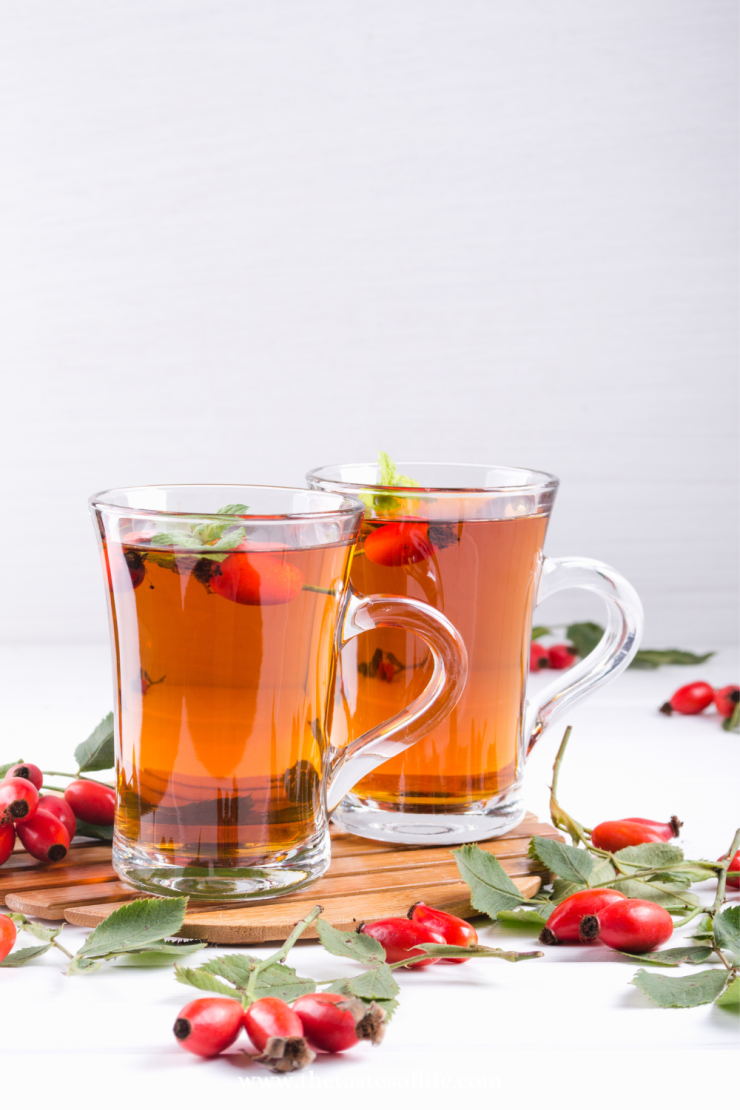
Herbs for Hydration
Rose Hips: Vitamin C Powerhouse
Rose hips, the fruit of the wild rose, are a rich source of vitamin C. Supporting the immune system and combating winter fatigue, rose hips can be infused into teas or incorporated into culinary creations. Enjoy the tart flavor while giving your body a boost of winter resilience.
Nettle: Nutrient-Rich Elixir
Nettle is a nutrient-dense herb that can be valuable during the cold season. Packed with vitamins and minerals, nettle tea can help keep your body hydrated and nourished, offering a natural way to combat winter sluggishness. Make a nettle-infused honey or smoothie infused with nettle.
By incorporating these herbs into your routine, you can enjoy various health benefits that address multiple aspects of well-being. Whether you’re looking to strengthen your immune system, enhance respiratory health, manage stress, or simply stay hydrated and nourished, these herbs offer a natural and time-tested way to support your body and mind during the challenges of colder weather.
Moreover, herbs provide an alternative to conventional medications, allowing individuals to explore natural remedies traditionally used for generations. This holistic approach acknowledges the interconnectedness of physical, mental, and emotional well-being, promoting a more comprehensive and sustainable approach to health during the cold weather months.

Immune-Boosting Winter Tea Infusion
Ingredients
- 1 tbsp Elderberries dired
- 1 tbsp Echinacea dried
- 1 tbsp Rose hips dried, crushed
- 1 tsp Thyme fresh
- 1 inch Ginger fresh, sliced
- 1 Cinnamon stick
- Honey raw, optional
- Lemon sliced
Instructions
- Prepare the Herbs: Combine elderberries, echinacea, rose hips, thyme, ginger slices, and the cinnamon stick in a teapot or a heatproof container.
- Boil Water: Bring about 3 cups of water to a boil. You'll want enough water to cover the herbs and allow for a strong infusion.
- Pour Water Over Herbs: Once the water is boiling, pour it over the herbs in the teapot or container. Ensure that the herbs are fully submerged.
- Steep the Tea: Cover the teapot or container and let the herbs steep for about 10-15 minutes. This allows the flavors and beneficial compounds to infuse into the water.
- Strain the Infusion: After steeping, use a fine mesh strainer or a tea infuser to strain the herbs from the liquid. This ensures a smooth tea without any plant material.
- Optional Additions: If desired, add honey to sweeten the tea. Stir well until the honey is dissolved. Garnish with lemon slices for a hint of citrus flavor.
- Serve and Enjoy: Pour the tea into your favorite mug and savor the warmth and goodness of this immune-boosting winter infusion.
Notes
- Variations: Feel free to experiment with other herbs like mint or chamomile for added flavor and relaxation.
- Adjust Sweetness: Customize the sweetness level by adjusting the amount of honey based on your taste preferences.
- Stay Hydrated: In addition to this tea, remember to stay hydrated with water throughout the day to support overall well-being.
https://pubmed.ncbi.nlm.nih.gov/15035888/
https://pubmed.ncbi.nlm.nih.gov/37342461/
https://pubmed.ncbi.nlm.nih.gov/30208750/
https://pubmed.ncbi.nlm.nih.gov/32707790/
https://pubmed.ncbi.nlm.nih.gov/26840418/
https://pubmed.ncbi.nlm.nih.gov/37238770/
https://pubmed.ncbi.nlm.nih.gov/17597571/
Yum